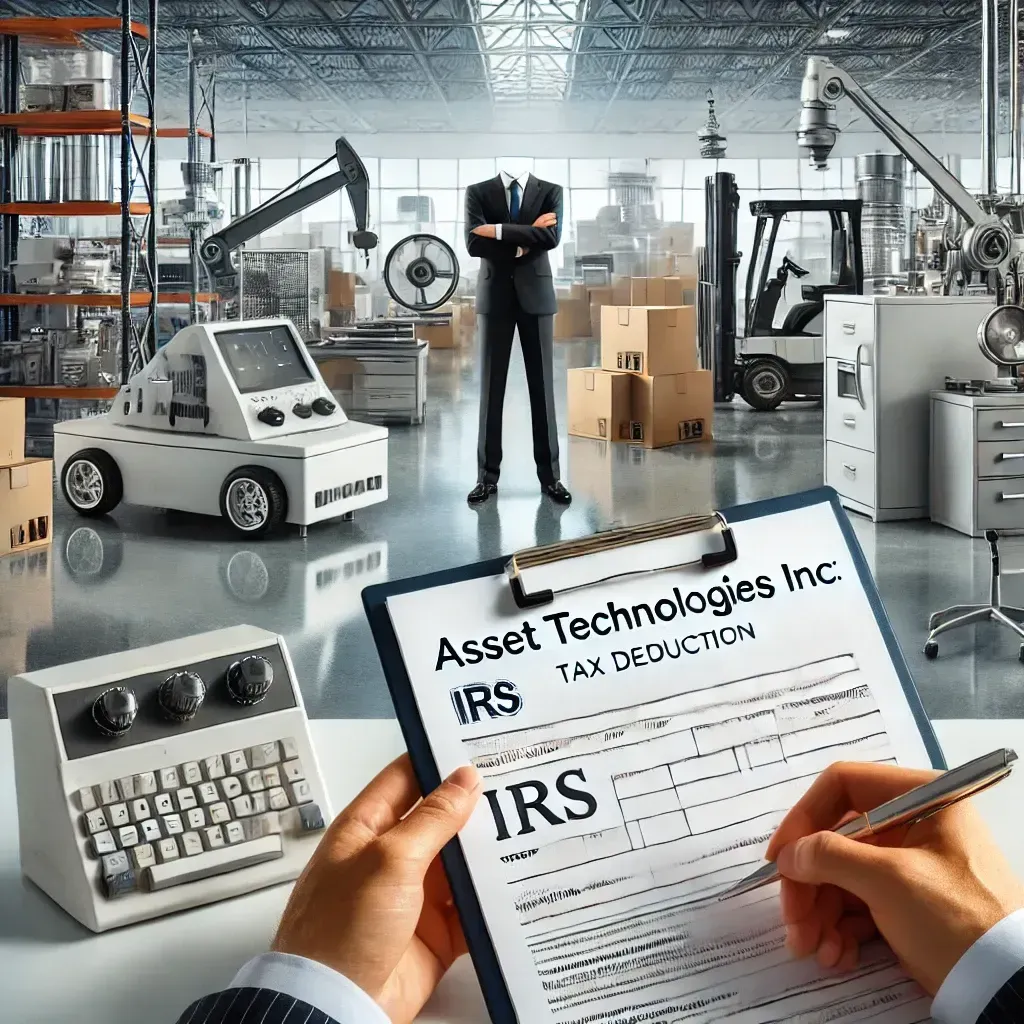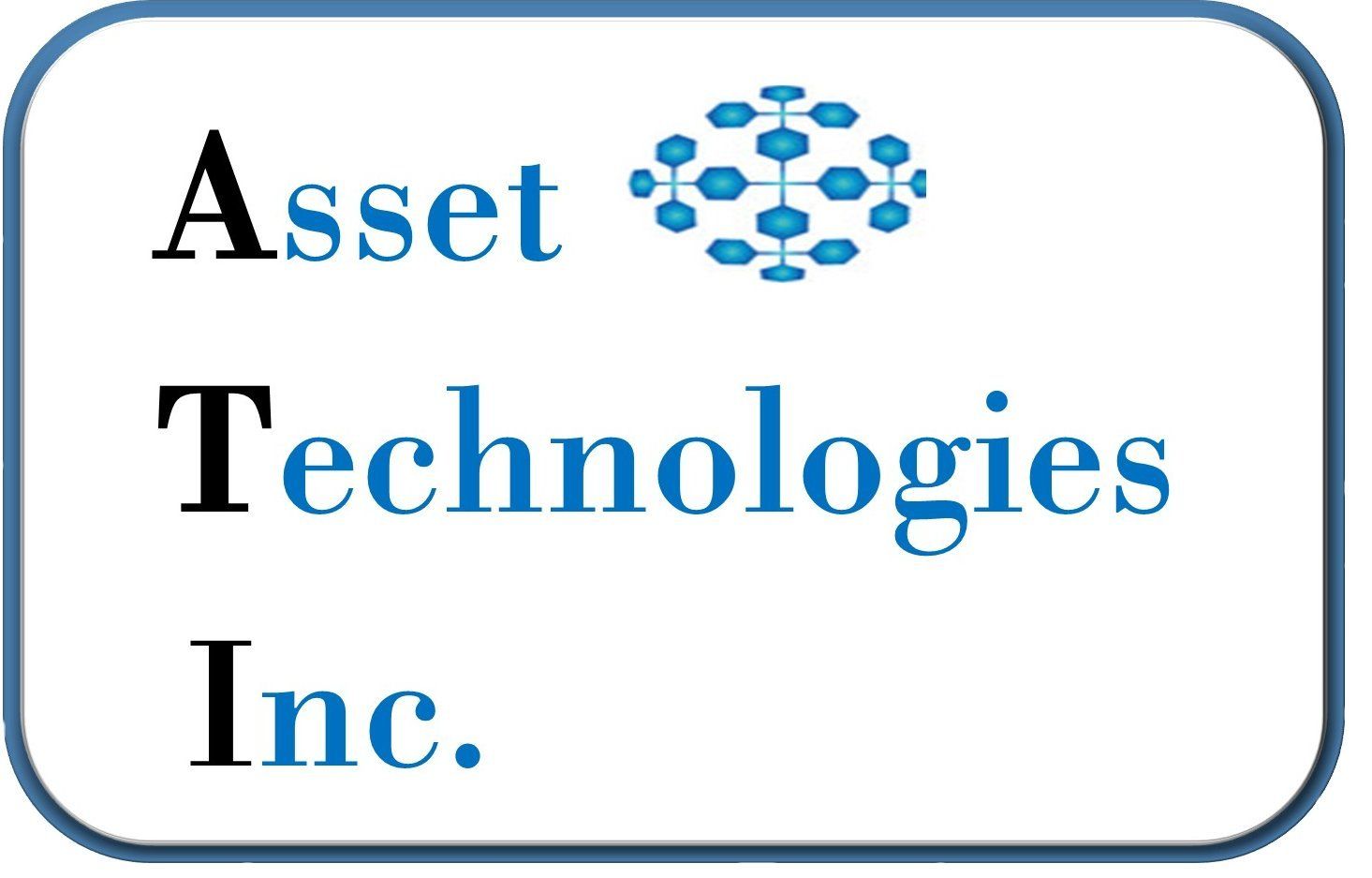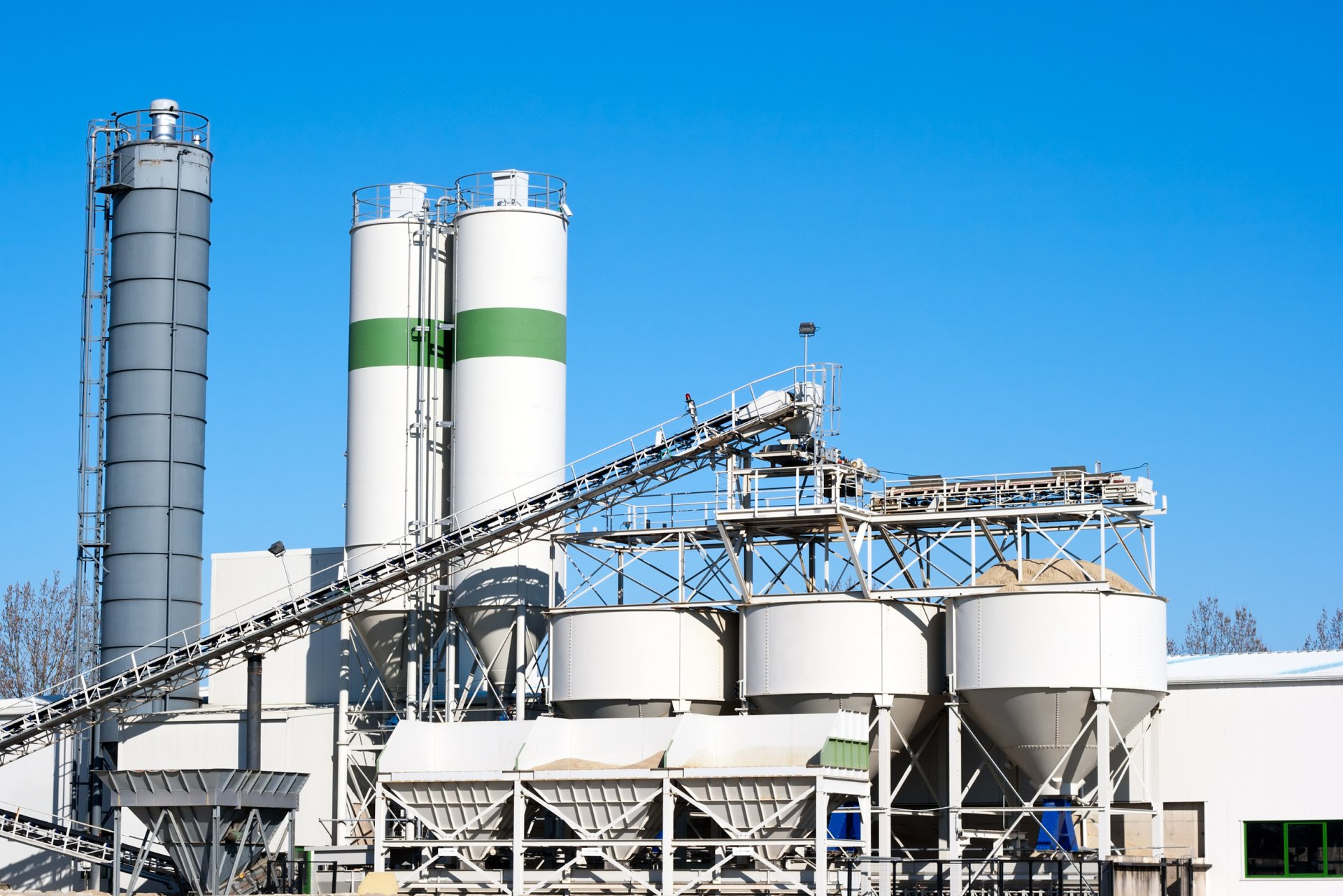The Role of Credentialed Appraisals in Claiming Equipment Donations on Taxes
When businesses decide to donate equipment to a qualified charity, it’s not just an act of generosity — it’s also a way to receive significant tax benefits. However, to make sure that the value of the donation is accurately reflected and approved by the IRS, a credentialed appraisal is often required. This is especially true for high-value equipment donations that exceed IRS thresholds. Without a credentialed appraisal, businesses risk their tax deductions being rejected or penalized for non-compliance.
At Asset Technologies Inc., we understand the vital role credentialed appraisals play in maximizing tax deductions and maintaining compliance. For businesses in Pennsylvania, New Jersey, Maryland, New York, Virginia, and beyond, a thorough, credentialed appraisal ensures that equipment donations are valued correctly, ensuring both legal and financial peace of mind.
Why Credentialed Appraisals Are Essential for Equipment Donations
When donating equipment to a charitable organization, determining its fair market value (FMV) is critical to calculating the allowable tax deduction. Credentialed appraisers have the expertise to provide an objective, defensible valuation. This is crucial because the IRS requires formal appraisals for any equipment donation exceeding $5,000. Without this appraisal, the IRS could disallow the deduction, resulting in legal complications and lost financial benefits.
Accurate Valuation for Maximum Deductions
Credentialed appraisers, like those at Asset Technologies Inc., provide an unbiased and precise valuation of the donated equipment based on its current condition, market demand, and industry trends. Overvaluing or undervaluing the equipment can lead to serious consequences:
- Overvaluation: Inflated values could trigger IRS audits, penalties, or even disallowed deductions.
- Undervaluation: Underreporting the equipment’s value may cause businesses to miss out on significant tax savings.
For businesses in New Jersey donating specialized machinery or in Maryland donating medical equipment, a credentialed appraisal ensures that the equipment’s true value is recognized and maximized for the deduction.
Ensuring Compliance with IRS Standards
The IRS has strict guidelines regarding charitable deductions, particularly for noncash donations like equipment. Any donation over $5,000 requires an appraisal from a credentialed appraiser and must meet Uniform Standards of Professional Appraisal Practice (USPAP) guidelines. Appraisals that don’t meet these standards or are conducted by unqualified individuals can be rejected by the IRS, potentially leading to audits, fines, or other legal consequences.
At Asset Technologies Inc., our credentialed appraisers have extensive experience providing USPAP-compliant appraisals that are trusted by the IRS, ensuring our clients’ deductions are secure and defensible.
Defense Against Audits and Legal Disputes
A credentialed appraisal is not just a tool for valuation; it’s also your defense if the IRS decides to audit your donation. If your tax return is flagged, having a credentialed appraisal as part of your documentation ensures that the deduction can be defended under IRS scrutiny. The appraisal serves as formal proof of the equipment's value, reducing the likelihood of penalties or the disallowance of the deduction.
In cases where legal disputes arise over the value of donated equipment, such as during estate or bankruptcy proceedings, credentialed appraisers like those at Asset Technologies Inc. can also serve as expert witnesses, offering testimony that supports the valuation of the equipment.
When is a Credentialed Appraisal Required for Equipment Donations?
Not all equipment donations require a credentialed appraisal, but the IRS does have strict thresholds that businesses must meet to claim the deduction.
Donations Over $5,000
If the fair market value of the donated equipment exceeds $5,000, the IRS mandates a credentialed appraisal. This rule applies to a single piece of equipment or a collection of items donated as part of a single transaction. Without this appraisal, your business cannot claim the full value of the donation on your tax return.
For instance, a company in Pennsylvania donating heavy construction equipment valued at $7,500 to a local charity would need to obtain a credentialed appraisal to comply with IRS regulations. The appraisal report must be submitted along with IRS Form 8283, which documents the noncash charitable contributions and the appraiser’s signature.
Specialized or Complex Equipment
Even when the donation is under $5,000, certain types of equipment may require a credentialed appraisal due to their complexity or niche market. For example, medical devices, manufacturing machinery, or broadcasting equipment may need specialized expertise to properly assess their fair market value. In these cases, it’s always safer to obtain a credentialed appraisal to avoid future disputes with the IRS.
Businesses in New Jersey, Maryland, New York, Virginia, or across the U.S. can rely on Asset Technologies Inc. for accurate and defensible appraisals, no matter the type of equipment. To learn more about the kinds of equipment we appraise, visit our Equipment Types Appraised page.
The Credentialed Appraisal Process: Ensuring Accuracy and Compliance
The credentialed appraisal process is a comprehensive and detailed examination that ensures both the accuracy of the valuation and compliance with IRS standards. Here’s what to expect when working with a credentialed appraiser like those at Asset Technologies Inc.:
Step 1: Initial Consultation
The appraisal process begins with an initial consultation where the appraiser gathers details about the equipment, including its age, condition, and usage. Information such as the equipment's history of repairs or upgrades will also be collected to ensure a comprehensive assessment.
Step 2: Inspection
A physical inspection of the equipment is usually required to verify its condition and functionality. The appraiser will examine the equipment's operational status, any signs of wear and tear, and its current market relevance. This is especially important for high-value equipment donations in industries like manufacturing or healthcare.
Step 3: Market Research and Valuation
The credentialed appraiser conducts thorough market research to determine the fair market value of the equipment. This includes reviewing recent sales data, market trends, and the condition of similar equipment on the market. This process ensures that the valuation is accurate, defensible, and in line with current industry standards.
Step 4: Appraisal Report
Once the appraisal is complete, the appraiser will provide a detailed appraisal report that outlines the equipment’s fair market value, the methods used to determine the value, and all necessary documentation required by the IRS. The appraiser’s signature is included to certify that the appraisal meets USPAP and IRS standards.
At Asset Technologies Inc., we are committed to delivering timely, accurate, and compliant appraisal reports to help your business claim its rightful tax deductions. Learn more about our Types of Appraisals.
The Benefits of a Credentialed Appraisal
Obtaining a credentialed appraisal offers several benefits for businesses donating equipment:
- Maximized Tax Deduction: A credentialed appraisal ensures that your equipment is valued accurately, allowing you to claim the full fair market value for your tax deduction.
- IRS Compliance: Credentialed appraisals follow IRS and USPAP standards, protecting your business from penalties or legal issues.
- Audit Defense: In the event of an audit, a credentialed appraisal serves as documented proof of the equipment’s value, reducing the risk of penalties or disallowed deductions.
- Simplified Process: Working with experienced appraisers, like those at Asset Technologies Inc., streamlines the donation process, ensuring you meet all IRS requirements.
The Benefits of a Credentialed Appraisal
Obtaining a credentialed appraisal offers several benefits for businesses donating equipment:
- Maximized Tax Deduction: A credentialed appraisal ensures that your equipment is valued accurately, allowing you to claim the full fair market value for your tax deduction.
- IRS Compliance: Credentialed appraisals follow IRS and USPAP standards, protecting your business from penalties or legal issues.
- Audit Defense: In the event of an audit, a credentialed appraisal serves as documented proof of the equipment’s value, reducing the risk of penalties or disallowed deductions.
- Simplified Process: Working with experienced appraisers, like those at Asset Technologies Inc., streamlines the donation process, ensuring you meet all IRS requirements.
When it comes to claiming equipment donations on your taxes, obtaining a credentialed appraisal is not just a good idea — it’s often a legal requirement. Don’t risk losing valuable tax deductions by failing to provide proper documentation.
At Asset Technologies Inc., our credentialed appraisers have the experience, knowledge, and qualifications to provide you with accurate, IRS-compliant appraisals. Whether you’re donating equipment in Pennsylvania, New Jersey, Maryland, New York, Virginia, or anywhere nationwide, we’re here to help.
Contact us today for a complimentary consultation to discuss your equipment donation needs. Visit our Contact Us page or call (800) 805-0644 to get started.
Helpful Resources:
- IRS Guidelines for Noncash Contributions
- Equipment Types Appraised by Asset Technologies Inc.
- IRS Form 8283: Noncash Charitable Contributions
With a certified appraisal from Asset Technologies Inc., you can ensure that your equipment donation is valued accurately and compliant with IRS guidelines, making the donation process smoother and more beneficial for your business.
FAQs: Credentialed Appraisals for Equipment Donations on Taxes
What is a credentialed appraisal, and why do I need one for equipment donations?
A credentialed appraisal provides an accurate, IRS-compliant evaluation of the fair market value of equipment donations over $5,000. It is required by the IRS to claim tax deductions for these donations, ensuring the donation’s value is correctly reported. Credentialed appraisers ensure that your appraisal meets IRS standards and provides a defensible valuation.
What types of equipment require a credentialed appraisal?
Any equipment donation valued over $5,000 requires a credentialed appraisal. Asset Technologies Inc. appraises a wide range of equipment, including:
- CNC Machinery
- Construction Equipment
- Medical & Dental Devices
- Computers, Servers, & Networks
- Food Processing Equipment
- Heavy Trucks & Farm Equipment
For a full list, visit our Equipment Types Appraised page.
How do I schedule an appraisal?
To schedule an appraisal or learn more, visit our Contact Us page or call (800) 805-0644.
How does the credentialed appraisal process work?
The appraisal process involves an initial consultation, an inspection of the equipment, market research to determine fair market value, and the preparation of an appraisal report that meets IRS and Uniform Standards of Professional Appraisal Practice (USPAP) standards. This report is essential for claiming tax deductions on equipment donations over $5,000.
Can Asset Technologies Inc. handle appraisals in Pennsylvania, New Jersey, Maryland, New York, and Virginia?
Yes, Asset Technologies Inc. offers credentialed appraisals for businesses in Pennsylvania, New Jersey, Maryland, New York, Virginia, and nationwide, ensuring that your equipment donations meet all IRS requirements for tax deductions.






